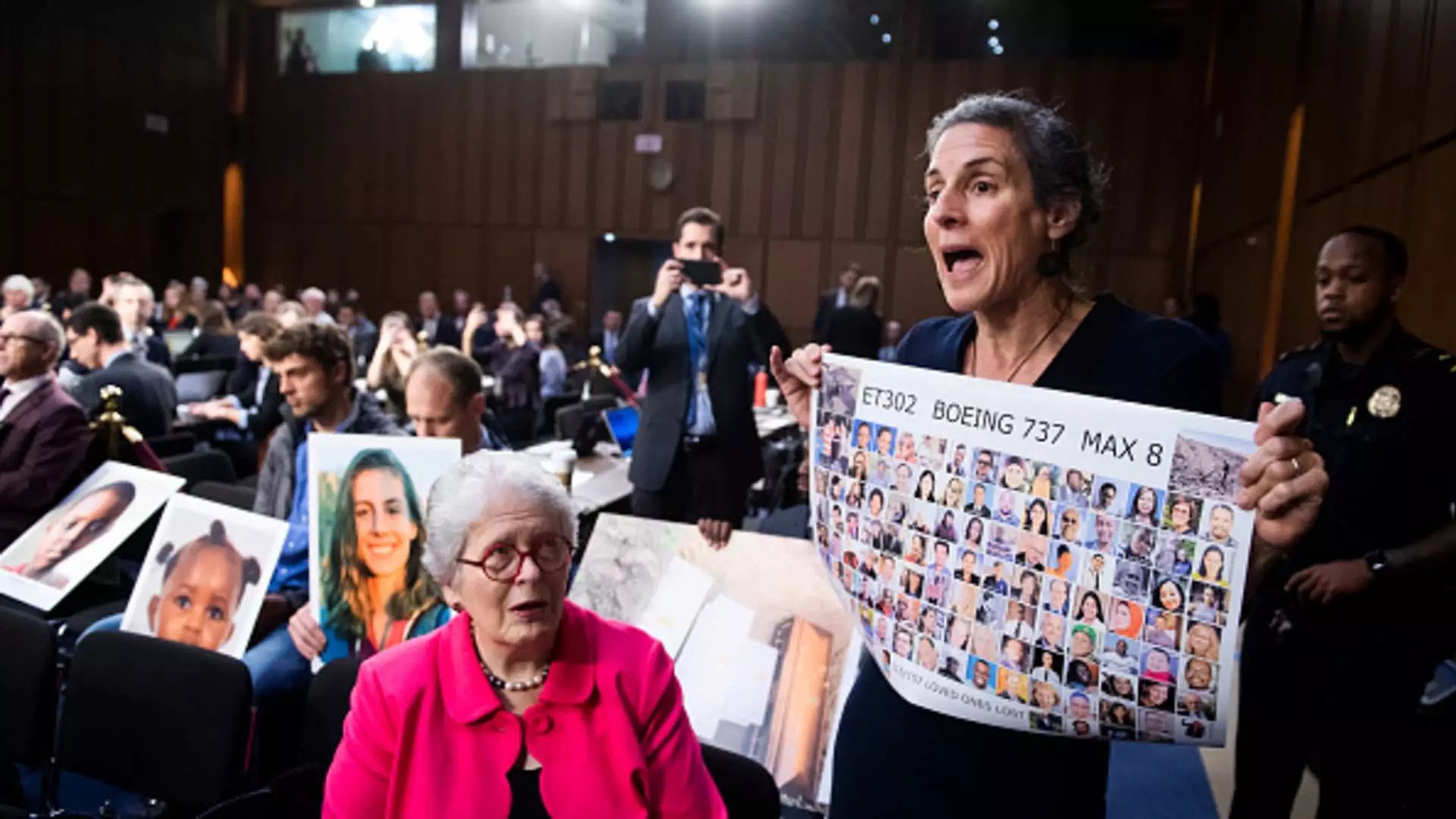Boeing’s ongoing struggles with accountability in the wake of the 737 Max tragedies took a decisive turn when a federal judge rejected the company’s plea deal related to criminal fraud charges. This development raises significant questions about corporate responsibility and the role of governmental oversight in industries that affect public safety. U.S. District Judge Reed O’Connor’s decision spotlights concerns not only about the plea deal itself but also the broader implications of diversity, equity, and inclusion (DEI) in the selection of oversight roles—issues that cannot be overlooked.
The plea deal was anchored in Boeing’s agreement to plead guilty to charges alleging it conspired to deceive the government by misleading regulators regarding the aircraft’s flight-control system. This system played a critical role in two devastating crashes, which catapulted the issue of aviation safety into public discourse. By allowing Boeing to circumvent a trial, the government seemed to be following a framework prioritizing expediency over thorough accountability.
Judge O’Connor’s apprehensions reflect a lack of trust in the motives behind governmental procedures. His assertion that the monitor selection process may be influenced by DEI considerations raises alarms about the integrity of such oversight. He argued that the paramount requirement is for a monitor chosen based on capability rather than potential demographic factors. In high-stakes cases involving loss of life, it is crucial that all parties feel confident that measures put in place are genuinely protective and impartial.
The sentiment among victims’ families was succinctly critical of the plea agreement, which they described as a “sweetheart deal.” This perspective underscores the ongoing tension between corporate interests and the need for justice on behalf of those affected by Boeing’s actions. Family members of the victims have emphasized their desire for meaningful involvement in the selection of a monitor—something that speaks volumes about their distrust toward the legal mechanisms currently in place.
Erin Applebaum, who represents the victims’ families, has expressed optimism about the potential renegotiation of the plea deal, hinting that the gravity of Boeing’s actions necessitates a reevaluation of the terms. Her advocacy highlights a critical challenge: how to ensure corporate accountability is not just theoretical but practically enforced.
Dilemmas in Corporate Governance
Boeing’s recent legal troubles also unveil systemic issues within corporate governance structures, particularly in large firms that possess significant political and economic clout. The ramifications of these penalties, or lack thereof, will extend beyond the immediate fines; they could establish precedents for future corporate behavior. The deferred prosecution agreement approach itself raises questions: can corporations like Boeing truly change their practices when solely targeted by financial penalties?
Judge O’Connor’s stipulation regarding DEI raises another layer of complexity. While diversity initiatives in corporate governance play a vital role in promoting inclusivity, they must not overshadow competence and expertise in high-stakes environments like aviation. The judge noted the necessity for public confidence in the oversight mechanism, suggesting that any perceived biases in selection could undermine the validity of regulatory oversight.
Moving Forward: A Call for Genuine Accountability
The rejection of Boeing’s plea deal provides a critical moment for reflection on how the judicial system handles corporate misdeeds, particularly those resulting in tragic loss of life. It is imperative that the outcome of this case leads to a more rigorous accountability framework for corporations.
The Justice Department’s ongoing negotiations must consider the gravity of the situation; victims’ families deserve reparations and accountability that reflect the seriousness of the crime. As Boeing navigates its ethical responsibilities, it must recognize that trust can only be rebuilt through transparent and substantial actions, not mere legal formalities. The aviation industry, representing lives in flight, must prioritize safety and integrity above all, and the judicial system should hold it to a standard that reflects these values.
Ultimately, this case is a litmus test for corporate ethics and regulatory effectiveness. It challenges not only a giant of the aerospace industry but also the systems designed to safeguard public welfare. As events unfold, the expectations are clear: Boeing must face real consequences, and the pathway to justice must ensure that such tragedies never happen again.

